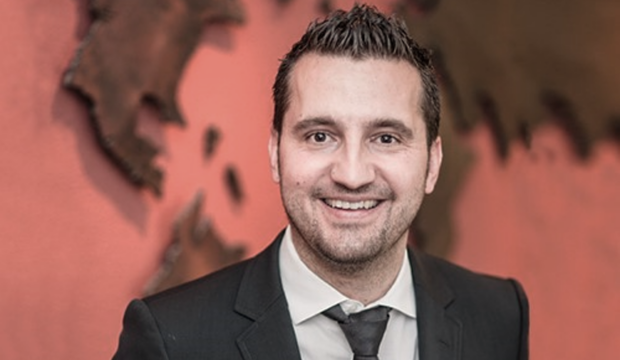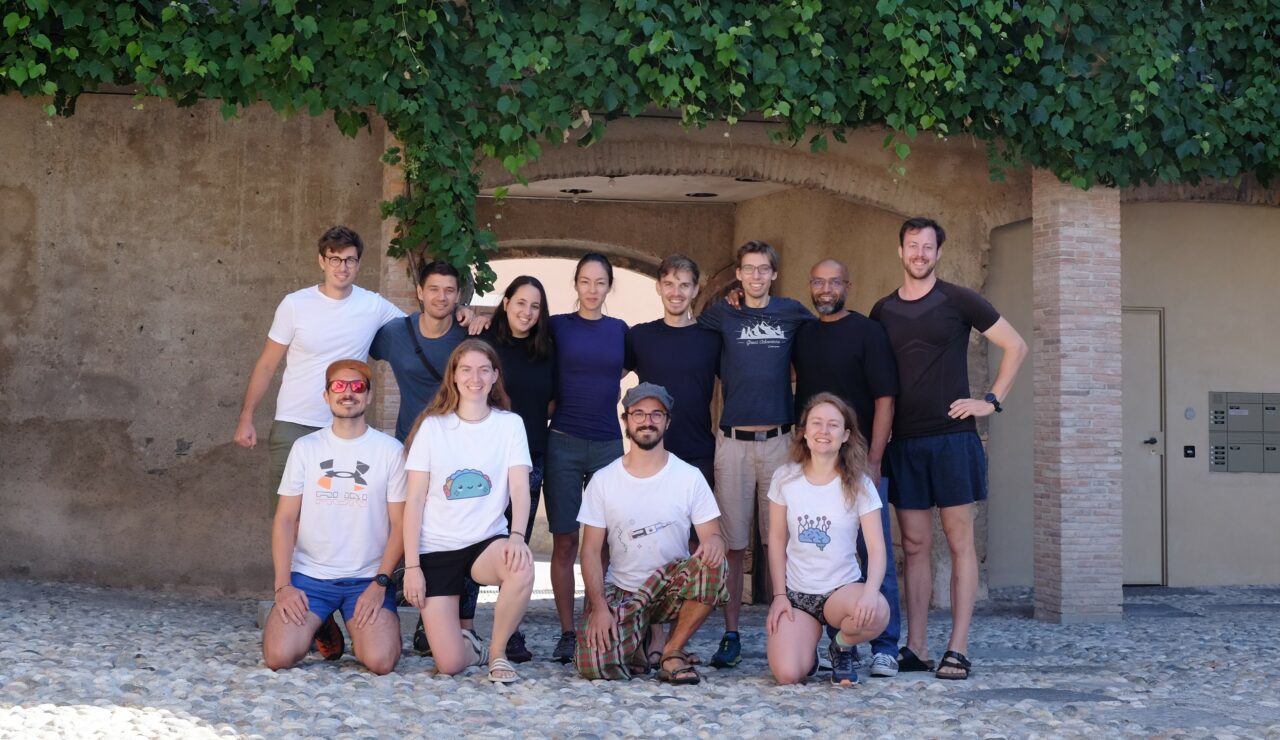
Tamas Varkonyi, People and Operations Manager at Ledgy, that has collaborated extensively on data protection with LEXR, talks about the idea behind Ledgy, talent attraction through employee participation and best practices for cap table management, how they overcame their biggest challenges as well as tips on how to get ranked in the TOP 100 Swiss Startup Award list.
Tamas, what is the idea behind Ledgy and what problems do you solve for businesses?
The answer to that question might be our mission itself. Ledgy wants to democratize startup ownership as we believe that entrepreneurship is the main driver of positive change in the world. By promoting employee ownership in startups, our hope is that employees will then be incited to create their own startup in the future, resulting in a positive trickle-down effect. But to reach that goal, we first need to make equity more tangible for founders and employees alike. Enters Ledgy’s equity management platform.
Shares for employees: Does employee participation work for talent attraction?
Absolutely! Employee participation is a great talent magnet. It not only attracts high-achieving employees but also aligns their goals with the company. However, a lot depends on the employee’s understanding of what startup ownership means. There can be a lot of pitfalls around equity and participation plans if the communication is not done well. We have designed a product that helps founders better manage and communicate their employee participation plans.
What are your takeaways and best practices from your four years of helping businesses manage their employee participation plans?
In our experience, the two main points startups should keep in mind when managing their equity plans are.
- Training and awareness: We had a webinar recently with Codility, a tech recruiting platform. The CFO stressed the importance of training and making every employee aware of what owning shares in Codility meant as well as the tax implications linked to exercising their shares. Thus, they are nudging people into owning their shares and giving it all they have for the company.
- Liquidity for a secondary market: What proved best practice for our clients is to show their employees that there is actually a secondary market for their shares. The company might want to buy shares back, other investors might want to double down or employees want to buy more because they believe in the company so much. When a company can provide some liquidity and a secondary market, this attaches a tangible sense of value to the shares and gives a boost in confidence to employees.
What would you say were Ledgy’s biggest challenges and how did you overcome them?
There are two challenges that come to my mind: One from a product perspective and the other from a human capital perspective:
- Product: Tailoring our product to fit the regulations in multiple markets isn’t always easy. Even though the EU is quite harmonious from that angle, countries are still not all the same. Some countries tend to grant phantom shares due to their regulatory environment (e.g. Germany) which is not at all the practice for example in the UK. We have to be aware of these little differences and build a product that serves customers in different markets very well. This takes a lot of time, research, and planning but is what ultimately differentiates us from our competitors.
- Human capital: Talent acquisition is fierce, especially when you are yet to have an internationally renowned, exceptional brand image. Thus, it’s extremely difficult to compete for talent with larger startups. We already have a strong recognition when it comes to talent attraction in the DACH market but, as we’re moving into new markets, we need to find new ways to successfully source the best talent available.
Expanding abroad is a big topic for Swiss startups. Where did Ledgy expand to first and what are your plans going further?
We are already in a position where we strongly cover the DACH market. In general, our product is heavily tied to regulation so when we enter into a new market, we need to make sure that it is compliant and serves the customers in that specific region well. Approximately 40 to 50% of our users come from DACH and the remaining customers come from the Nordics, UK, and France. Recently we also welcomed companies from Australia or the US and are excited to see where else Ledgy will be adopted. Our plan is to improve and extend our footprint globally.
How important is data protection for Ledgy’s product?
Data protection is our number one priority at Ledgy and in that field, LEXR provides us a lot of help and advice. This topic plays an important role in how we build Ledgy. We want to be pioneers in this field to prove to our clients that they can trust us. We understand the importance of the data they give us and are committed to making our platform the safest on the market.
How would you describe your data protection journey and working with us?
The Ledgy team didn’t have a lot of awareness when it came to data protection at first. We already were in existence when GDPR came into effect, but it was something that wasn’t part of our education as such. All of a sudden, we became a company that was liable for ensuring that data protection was seriously considered, and any pitfalls were addressed. There LEXR came in and supported us with concrete and actionable steps. They told us what steps needed to be taken and attached priorities and a realistic timeline to each task. LEXR’s help was very helpful!
In general, I would say it makes a lot of sense for seed-stage startups to book legal as a service. This has really worked well for us with LEXR. Our legal counsel has always been aligned with our objectives and it always felt like they were part of our team – looking out for areas of improvement.
One final question: What are your tips for startups that want to get into the TOP 100 Swiss Startup Award ranking? (We know Ledgy ranked number 11 last year)
It’s very easy, you just have to sell your products well. Jokes aside, but executing well is always great to get better investors which will then help you get more spotlight and chances to get a rank in this list. We are fortunate to have great investors backing us and this is what all startups should strive for.
Related
100+ companies, both big and small, are starting and growing their business with LEXR.
Let’s Go!
Book a free, non-binding discovery call to discuss how we can help you achieve your business goals.
Or feel free to reach us directly via email at [email protected].


